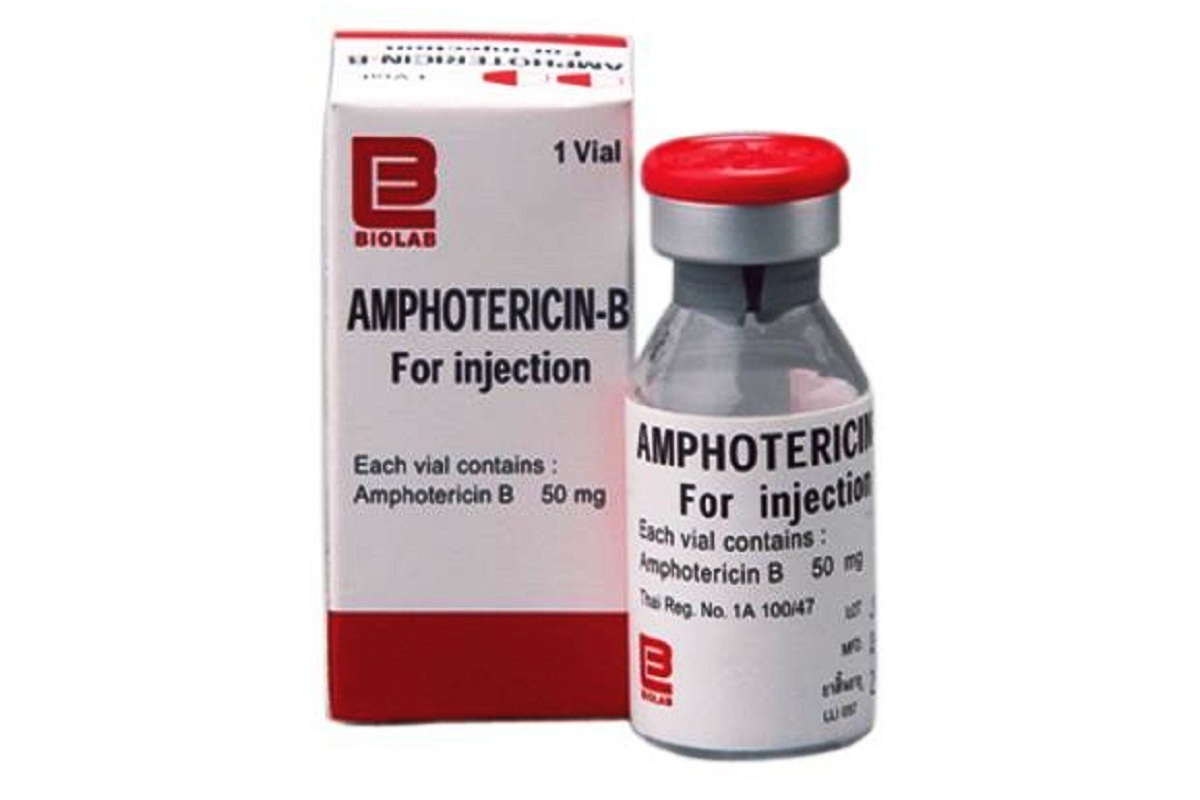30 Indian startups secure $287 million funding this week
This included six growth-stage deals and 20 early-stage deals, Entrackr reported on Saturday
The data from the government sources stated that around 230 patients were active there till Wednesday afternoon.

(PTI image)
The high incidents of Covid-19 induced Mucormycosis seem to be plateauing in the national capital. However, the patients are given only half of the scarce drug used for the treatment of the deadly disease.
Top government officials who look after the distribution of the mucor drug in the national capital told The Statesman that less than four vials of Amphotericin B injection are provided to the patients at large government-run hospitals like Lok Nayak, Guru Teg Bahadur (GTB) and Rajiv Gandhi Super Speciality Hospital (RGSSH), whereas the prescribed consumption is six vials to each patient in a day.
Special wards for the treatment of Mucormycosis patients have been set at these hospitals. The data from the government sources stated that around 230 patients were active there till Wednesday afternoon. In the majority of cases, around 136 were admitted to GTB alone.
Advertisement
The officials suggested that the shortage has happened since the production for the drug was not ramped up in lieu of the unprecedented rise of Mucormycosis the nation witnessed amid the devastating second wave of Covid-19. They also said that the central distribution of the drug is also fuelling scarcity.
The central government has banned the sale of over-the-counter (OTC) drugs used in the treatment of Mucormycosis after reports of black marketing.
“The control over distribution by the government has led to the restricted use of resources. We all are told to use the drug judiciously amid the scarcity,” a top government official informed on the condition of anonymity.
When asked if the drug scarcity is affecting the health of the patients, the officials did not comment.
The Statesman contacted the medical directors of the Delhi government-run hospitals for a comment but they refused to speak citing a gag order which has prohibited officials to divulge and media to publish any data or info about Mucormycosis.
However, the experts suggested that judicious use of the scarce commodity is much effective in the treatment of Mucor patients.
“Ideally, every patient must get the maximum doses but our experiences in the cases have shown that no drastic difference comes when fewer doses are administered. Besides, not all patients are able to bear the toxicity of the Amphotericin B,” said Dr Kapil Sikka, additional professor, ENT department, AIIMS Delhi.
Sikka also said that AIIMS is also facing a shortage of the mucor drug and now administering the available doses on a case per case basis.
“More doses are administered to those with severe involvement of disease,” he added.
Advertisement